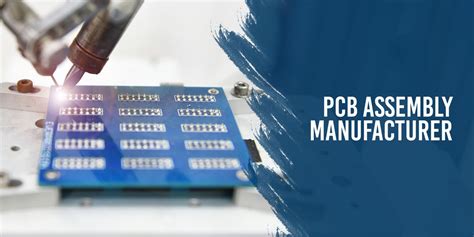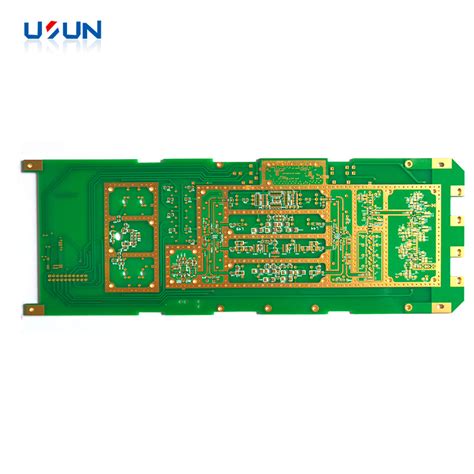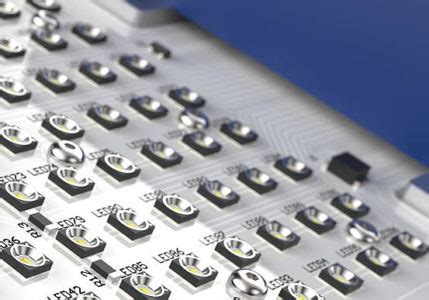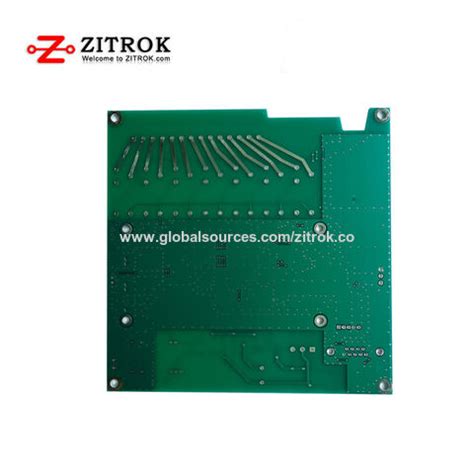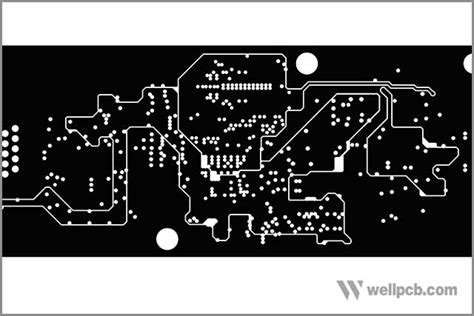Choosing the Right PCB Assembly Manufacturer for Your Needs
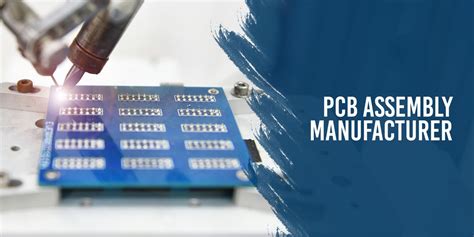
Key Takeaways
When selecting a pcb assembly manufacturer, there are several essential takeaways that can help guide your decision-making process. First and foremost, thorough understanding of pcb assembly requirements is crucial. You should prioritize manufacturers who demonstrate robust quality assurance protocols, as this will help ensure that the pcba produced meets your specifications and industry standards. Consider the manufacturer’s technical expertise; they should possess the necessary skills and capabilities to handle your project effectively, which can be gauged through their past projects and case studies.
In addition to technical competencies, it is vital to analyze the cost-effectiveness of potential partners. A manufacturer may offer competitive pricing, but it’s essential to balance this with the quality of service and product delivery. Budget constraints can often drive decisions, but opting for the lowest cost without considering quality risks may lead to subpar results.
Another significant factor is communication and collaboration; having a responsive manufacturer with whom you can effectively communicate will lead to smoother project execution. Assessing their production capabilities—such as machinery, technology, and workforce—ensures they can handle your volume requirements.
Navigating through industry standards and certifications is also key. This not only reflects the reliability of a pcb assembly manufacturer but also affirms their commitment to maintaining quality in their processes.
In summary, making an informed decision involves considering multiple dimensions—quality assurance, technical expertise, cost-effectiveness, effective communication, production capabilities, and adherence to industry standards—all of which are vital for a successful partnership in your pcba projects. Below is a table summarizing these takeaways:
| Factor | Importance |
|---|---|
| Quality Assurance | Ensures product reliability and performance |
| Technical Expertise | Necessary skills for complex assemblies |
| Cost-Effectiveness | Balances budget constraints with quality expectations |
| Communication & Collaboration | Facilitates project clarity and efficiency |
| Production Capabilities | Ensures ability to meet volume demands |
| Industry Standards | Reflects commitment to quality practices |

Understanding PCB Assembly: What to Look For
When embarking on the journey of selecting a pcb assembly manufacturer, it is imperative to understand the essential elements that contribute to a successful partnership. First and foremost, you should assess the quality standards of their pcba processes. Look for manufacturers that implement stringent quality assurance measures throughout their production cycles. Additionally, it’s important to evaluate the technical expertise of the prospective contractor. A reliable manufacturer should possess a comprehensive understanding of pcb assembly techniques and technologies, along with a skilled team capable of addressing your project’s unique needs.
Moreover, consider the manufacturer’s experience with different types of pcba, as this can significantly impact the functionality and durability of your final product. You should also investigate their production capabilities; assess whether they can handle your project volume without compromising on quality or timelines. Furthermore, effective communication is key—ensure that the manufacturer is open to collaboration and can clearly articulate their processes and expectations.
By focusing on these critical aspects—quality, technical expertise, and production resources—you will be well-equipped to make an informed decision when choosing a PCB assembly partner that aligns with your project requirements. In essence, understanding what to look for in a pcb assembly manufacturer is essential for achieving optimal results in your electronic ventures.

Quality Assurance in PCB Manufacturing
In the realm of PCB assembly, ensuring quality is paramount. A reputable pcb assembly manufacturer should implement rigorous quality assurance processes throughout the production cycle. This involves a detailed inspection of raw materials, adherence to production standards, and comprehensive testing of the final product. It’s essential to inquire about their quality control protocols, including whether they utilize automated inspection systems and statistical process controls.
A commitment to quality can significantly affect performance, reliability, and durability of your finished PCBA. Manufacturers that prioritize quality assurance not only reduce the risk of defects but also contribute to your project’s success. “A proactive approach to quality can save time, costs, and headaches in the long run,” emphasizes industry expert Jane Doe.
When evaluating potential partners, consider asking for certifications such as ISO 9001 or IPC standards compliance; these can signal a manufacturer’s dedication to maintaining high-quality production processes. Additionally, look for evidence of continuous improvement efforts, as this indicates a manufacturer’s willingness to adapt and enhance their operations over time.
Ultimately, your chosen pcb assembly partner should have a transparent methodology for ensuring that each stage of production meets established benchmarks for quality. This diligence leads to a final product that not only meets your specifications but also aligns with industry standards and customer expectations.

Evaluating Technical Expertise: Skills and Capabilities
When it comes to selecting a pcb assembly manufacturer, evaluating their technical expertise is crucial. Effective pcba processes require a team that possesses a diverse set of skills and capabilities. Look for manufacturers that demonstrate proficiency in advanced technologies and methodologies. This includes knowledge of various soldering techniques such as surface mount technology (SMT) and through-hole assembly, as well as experience with different materials and components. A strong technical background also means that the manufacturer can address complex design challenges efficiently.
Moreover, it’s essential to inquire about the manufacturer’s workforce qualifications; certifications or training programs placed on their employees can be a good indicator of their expertise in the field. Additionally, assess whether they have the necessary capabilities to handle your specific project requirements, including specialized applications or custom designs. A manufacturer with robust engineering support can provide valuable insight during the design phase, potentially identifying issues early on that could affect production.
Also consider their ability to stay updated with industry trends, including compliance with the latest technical standards and regulations. This comprehensive understanding not only ensures quality but also enhances reliability in the long term. Ultimately, by carefully evaluating these technical skills and capabilities, you position yourself for a successful partnership with your chosen pcb assembly manufacturer.
Cost-Effectiveness: Balancing Budget and Quality
When selecting a PCB assembly manufacturer, achieving a balance between cost-effectiveness and the quality of the product is crucial. A well-structured budget is essential, but it should not come at the expense of subpar pcba services. It’s important to recognize that the cheapest option may not always be the best, as it can lead to compromises in quality or delays in production that could ultimately cost more in the long run. Focus on manufacturers who provide transparent pricing models that clearly outline what is included in their services, such as materials, labor, and testing. Additionally, consider their ability to meet your project deadlines while maintaining high quality standards. A knowledgeable manufacturer will have established processes for quality assurance, reducing defects and ensuring reliable performance of your printed circuit boards. To get an accurate assessment of cost-effectiveness, it’s advisable to obtain detailed quotes from multiple manufacturers and inquire about their capabilities to provide a pcba that meets both your financial constraints and quality expectations. This comprehensive approach will help you find a partner who not only fits your budget but can also deliver exceptional pcb assembly results for your project’s success.
The Importance of Communication and Collaboration
In the intricate world of PCB assembly, establishing a transparent and effective channel of communication with your PCBA manufacturer is paramount. Successful collaborations thrive on clarity, and when discussing your project requirements, it is essential to articulate both your expectations and concerns. This ensures that the manufacturer can align their processes with your specific goals, ultimately leading to an efficient production cycle. Moreover, regular updates throughout the manufacturing process foster a proactive approach, enabling quick adjustments and modifications if necessary. Building a strong working relationship based on trust and open dialogue not only enhances project outcomes but also bolsters innovation by allowing for shared insights and expertise. In selecting a PCB assembly partner, prioritize those who emphasize collaborative efforts and maintain robust communication strategies; these attributes can be as critical as technical skills or quality assurance in ensuring your project’s success. A thoughtful partnership will pave the way for higher quality products while keeping timelines on track and costs manageable. In this competitive landscape, the ability to work together effectively can significantly impact both the performance of your PCBA project and overall satisfaction with the end result.
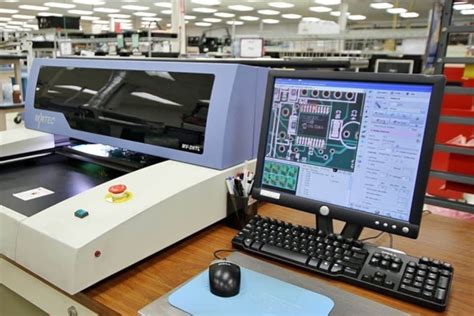
Navigating Industry Standards and Certifications
Selecting the right PCB assembly manufacturer requires a thorough understanding of industry standards and certifications, which are crucial for ensuring the quality and reliability of PCBA services. Certifications such as ISO 9001 and IPC-A-610 serve as benchmarks for assessing a manufacturer’s quality management system and adherence to established production processes. When evaluating potential partners, be sure to inquire about their compliance with these standards, as they reflect the manufacturer’s commitment to quality and industry best practices. Additionally, it’s advisable to explore any specific certifications that are pertinent to your sector, whether it’s automotive, medical, or consumer electronics. These qualifications can have a significant impact on the performance and longevity of your PCB assembly projects. Furthermore, keeping abreast of evolving industry trends and regulations can aid in making informed decisions that align with your project’s goals. In this rapidly changing environment, ongoing training and certification programs for manufacturers demonstrate their dedication to maintaining exceptional standards in their PCBA processes. As such, choosing a manufacturer with relevant certifications not only enhances trust but also ensures that your products will meet both market demands and safety requirements effectively.
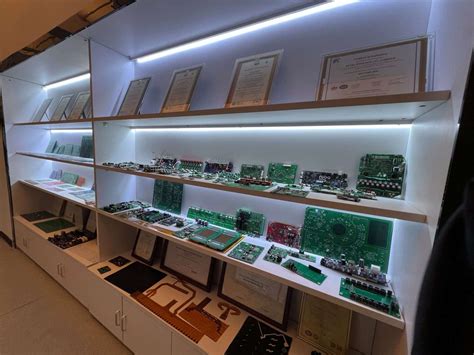
Conclusion
In summary, selecting the right pcb assembly manufacturer involves a careful consideration of various factors that can significantly influence the success of your project. Quality assurance stands out as a primary concern; thus, it is crucial to assess whether the manufacturer adheres to industry standards and implements rigorous testing protocols. A partner with notable technical expertise in pcba processes will ensure that your assemblies are not only produced efficiently but also meet the required specifications and performance criteria. Additionally, prioritizing cost-effectiveness does not mean sacrificing quality; it requires finding a balance between budget constraints and obtaining high-grade materials and skilled labor. To enhance collaboration and project outcomes, maintaining clear communication throughout the process is vital. Ultimately, an informed decision based on these key aspects will lead you to a suitable manufacturer who can fulfill your requirements effectively while fostering a productive partnership for future endeavors.

